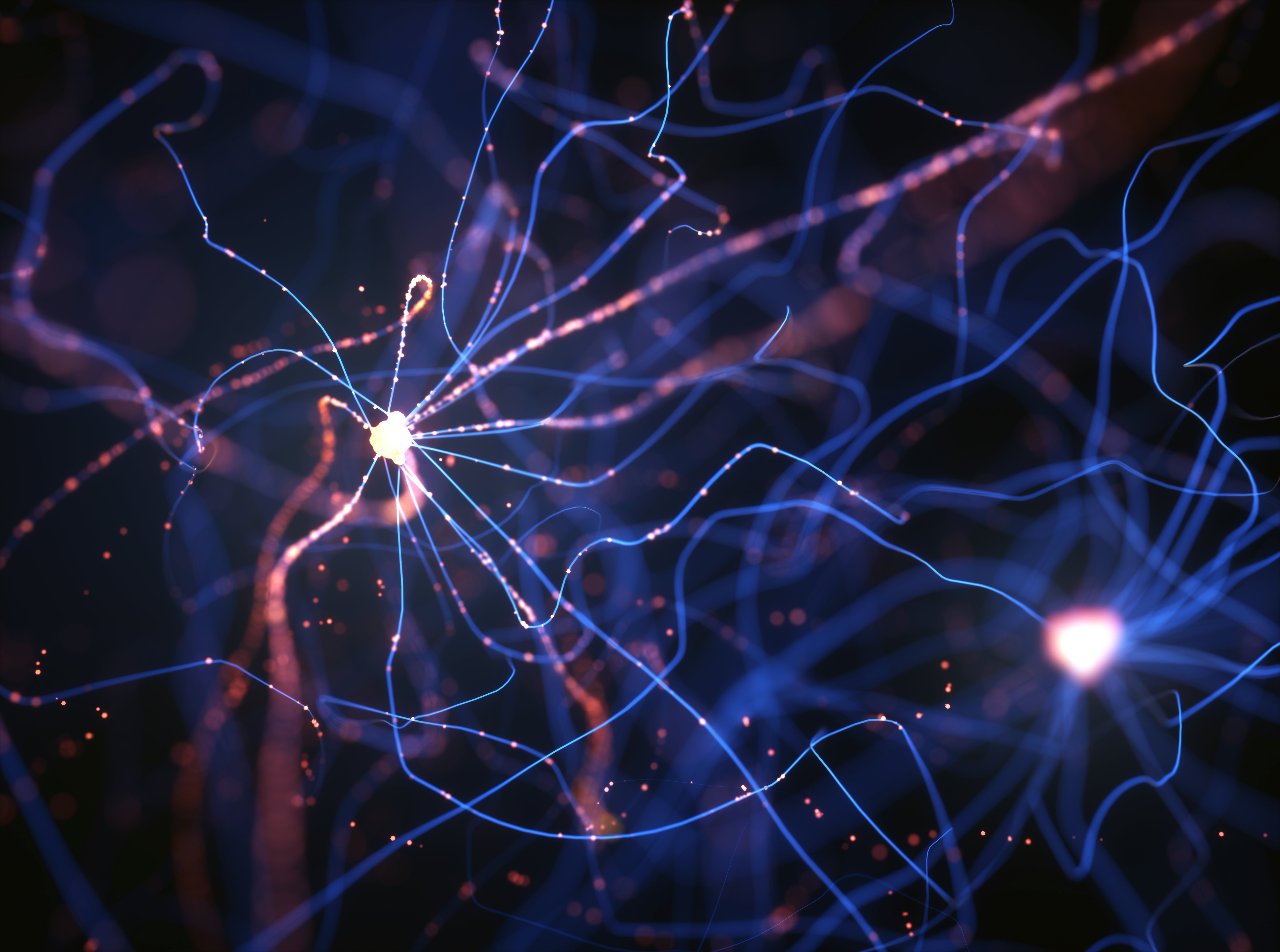New hope for binge eaters as scientists discover potential way to help control excessive eating
‘We saw a significant reduction in excessive food intake and obesity through gene mutation,’ says one researcher

Scientists have developed a new way to help people who binge eat and have eating disorders to control their food intake.
Researchers from Germany and the US have discovered a way to potentially control a signalling pathway in the brain which stimulates food intake, by using enzymes.
The group of researchers developed a way to use the enzyme autotaxin (ATX) to inhibit the excitable brain activity that stimulates food intake. Testing on mice, scientists found that after a period of fasting, the animals displayed food-seeking behaviours which was then normalised by administrating autotaxin inhibitors.
The also found that obese or overweight mice lost weight when these inhibitors were administered continuously.
One of the study’s key leads, Professor Johannes Vogt from the University of Cologne, said: “We saw a significant reduction in excessive food intake and obesity through gene mutation and pharmacological inhibition of ATX. Our fundamental findings on the excitability of the brain, which we have worked on for years, therefore also play a central role for eating behaviour.”
Professor Robert Nitsch from the University of Münster, another study lead, sees the findings as an key step in developing new drugs for obese people and those with tendencies to binge-eat.
He said: “The data show that people with a disturbed signalling pathway are more likely to be overweight and suffer from type II diabetes. This is a strong indication of a possible therapeutic success of ATX inhibitors, which we are currently developing together with the Hans Knöll Institute in Jena for use in humans.”
The study’s findings on the excitation control of networks in eating behaviours could contribute not only to treating eating disorders and obesity, but can also help in managing neurological and psychiatric illnesses.
The study was also led by Professor Thomas Horvath from the Yale School of Medicine and was published in Natures Metabolism.
Join our commenting forum
Join thought-provoking conversations, follow other Independent readers and see their replies
Comments
Bookmark popover
Removed from bookmarks